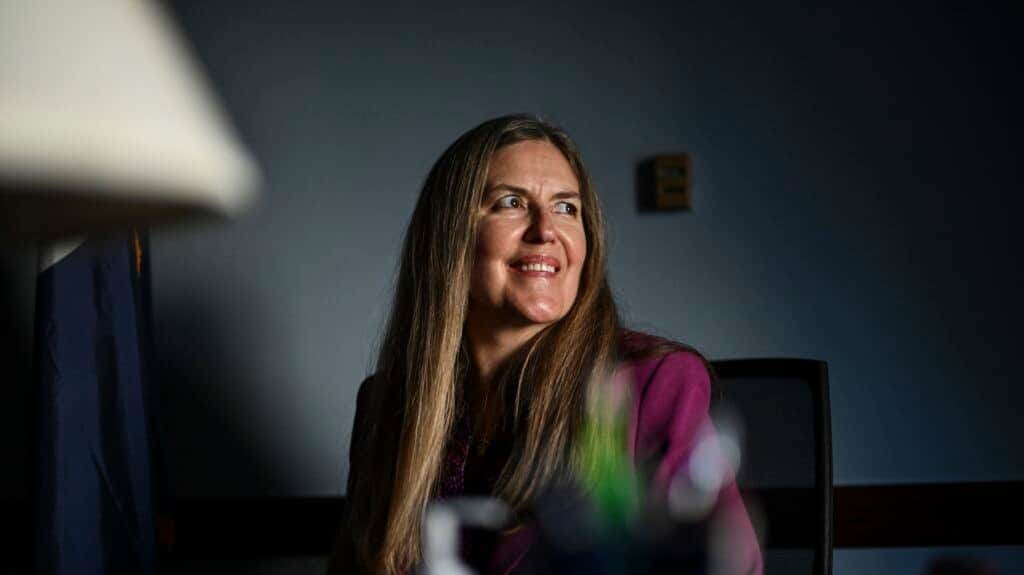
Politician who lost her voice speaks again thanks to AI
What's the story
Congresswoman Jennifer Wexton, a Virginia Democrat, has regained her ability to speak clearly through an artificial intelligence (AI) program. After losing her speech due to a rare neurological disorder, the technology was used to clone her voice from previous speeches and appearances. This marked the first time an AI-cloned voice delivered a speech on the US House floor. "The most beautiful thing I had ever heard," said Wexton about hearing her AI-recreated voice.
Health struggles
Wexton's battle with progressive supranuclear palsy
In 2023, Wexton was diagnosed with progressive supranuclear palsy (PSP), a severe neurological disorder that impairs speech among other functions. The diagnosis led her to announce that she would not seek reelection in 2024. As her condition worsened, Wexton turned to a traditional text-to-speech app for communication, but it made her sound more robotic than human. She now communicates using an iPad, typing out thoughts and converting them into spoken words via the AI program.
Voice restoration
ElevenLabs created her AI voice
After observing Wexton's struggle with the traditional text-to-speech app, AI startup ElevenLabs reached out to her office. The company, known for its widely used AI-powered voice cloning models, offered their services to create her AI voice with natural tone. Wexton first utilized the cloned voice during a meeting with President Joe Biden in the Oval Office earlier this month.
AI concerns
The debate over AI-powered voice cloning
While the creation of Wexton's voice showcases a positive application of AI-powered cloning, the technology has also been used for harmful purposes such as fraud and spreading fake political messages. Wexton, whose district is home to numerous data centers powering AI, acknowledges these concerns and advocates for more safeguards. Hany Farid, a professor and digital forensics expert at the University of California, Berkeley, concurs with Wexton. He suggests implementing better checks and balances to ensure responsible use of this technology.
Information
Wexton's precautions and views on AI technology
To protect her likeness, Wexton's team has limited access to the voice to only three people and enhanced security on the program. Despite potential dangers, Wexton views AI technology as humanizing and empowering but insists that its dangerous potential must be understood to prevent deepfakes.